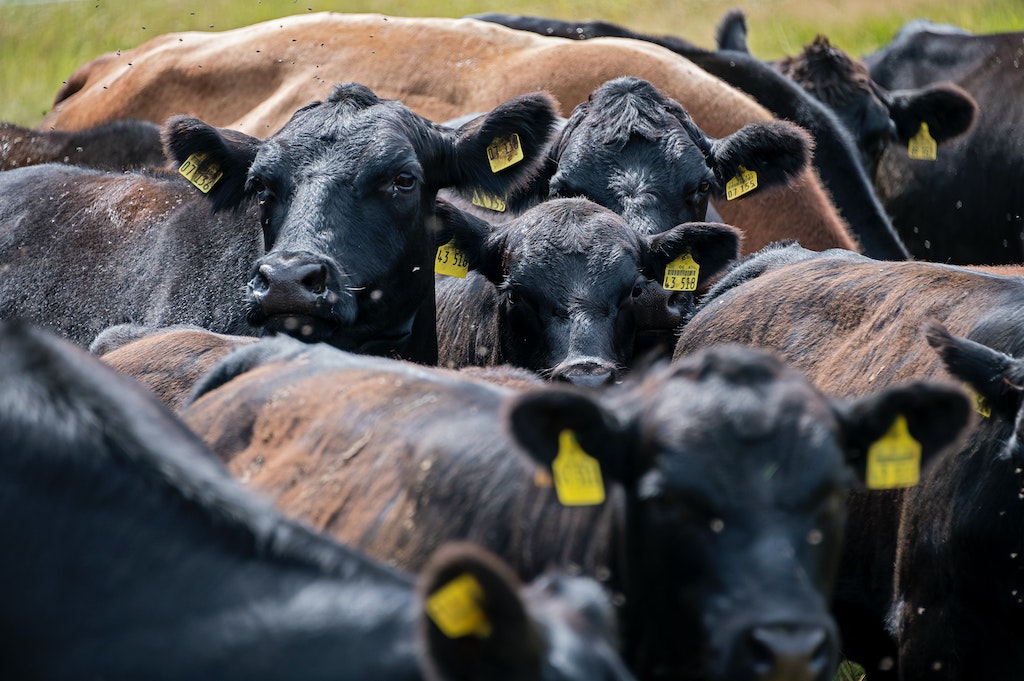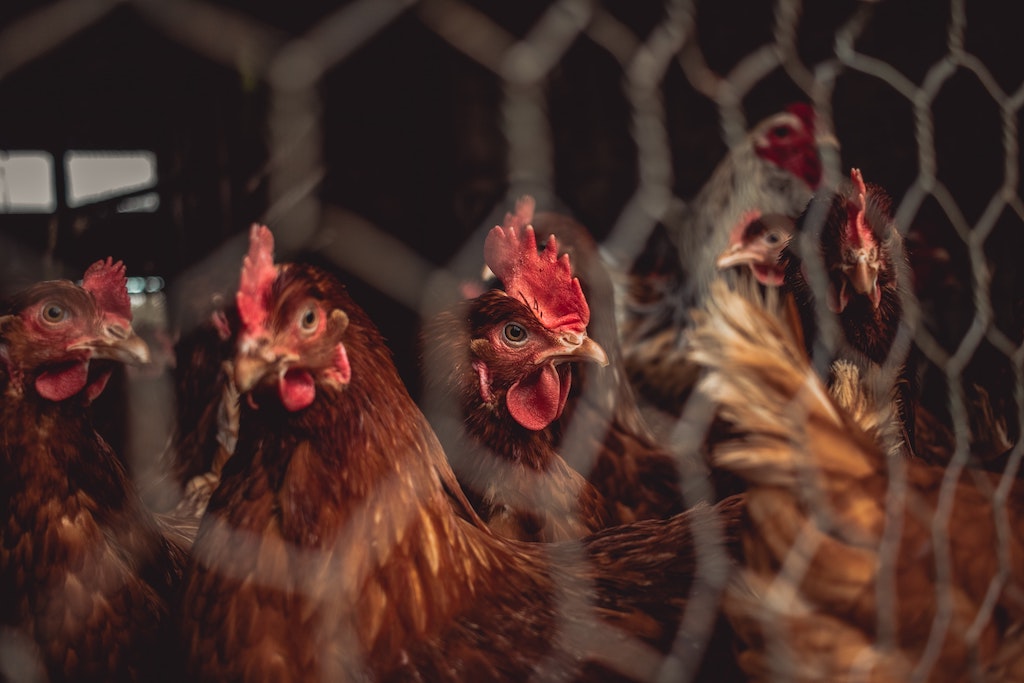4 Mins Read
According to leading health experts, the pandemic has laid bare the “fundamental need” for the world to “rapidly evolve” towards plant-based diets and alternative sources of protein. In a recently published editorial, neurology and epidemiology experts underscored the interconnectedness of all life on the planet and also called for an end to factory farms and wildlife markets.
Leading international health experts say that it is vital for the world to transition to sustainable non-animal proteins, such as plant-based meat and dairy, as well as cell-based alternative proteins. Published in the peer-reviewed medical journal Neuroepidemiology, Professors David Wiebers, Valery Feigin, and Andrea Winkler warn in an editorial the link between humanity’s consumption of animal-derived food and the health and environmental impact it is leaving behind on Earth.

It marks the first paper in medical literature to connect human brain health to the interconnectedness of all living beings, including humans, non-humans and the planet. Wiebers is Emeritus Professor of Neurology at Mayo Clinic, Feigin is a professor of neuroscience at New Zealand’s Auckland University of Technology, and Winkler is a specialist neurologist and co-director of the Center for Global Health at the Technical University of Munich.
Related: Meat-eaters ‘willfully disregard factory farming’ as infectious disease driver, study finds
‘Fundamental need’ to make dietary shift
“For the sake of humans, non-humans and the earth, there is a fundamental and urgent need for us to rapidly evolve toward eating forms of protein that are safer for humans,” they wrote. This would include a “wide range of time-honored fundamental plant-derived food sources as well as the more recently developed plant-based meat, dairy and egg alternatives and cultured meat.”

The authors cited the Covid-19 pandemic as a clear wake-up call for the entire medical community and humanity to “reflect deeply” on “our role in these increasingly frequent events”.
Last year, a report from the UN underlined the health risks posed by animal agriculture, listing industrial factory farming and the world’s hunger for animal protein as two of the top seven drivers of emerging zoonotic pandemics. While factory farming conditions increase the chance for new diseases to emerge and is fuelling antibiotic resistance, cattle rearing is driving unsustainable land use, deforestation, and biodiversity loss, which in turn also further increases the likelihood for wildlife species to come into contact with humans.

Related: Change our food system or humanity is ‘finished’, warns Jane Goodall
End factory farms and wildlife trade
In addition to recommending an urgent shift away from animal-based protein sources, the professors said that there must be an end to factory farms and live wildlife markets globally if we are to prevent another health crisis.
They described the two human activities as “among the most threatening to human health and among the most debasing to our species.”
“The emergence of novel and concerning COVID-19 variants on mink farms that can easily be transmitted to humans or other wild or domesticated animals raises the prospect that a global pandemic put in motion by exploiting animals in live-animal markets may be ex- tended and reinvigorated by our exploitation of animals on mink farms.”

“All that we do depends upon abundant plant and animal life as well as clean air and water, and what is good for nonhumans and the earth is virtually always in the best interests of humans, given the profound interdependence of all life,” they continued. “Our failure to heed the wake-up call of COVID-19 and rethink our relationship with all life on this planet will not only impact negatively on brain health but may ultimately result in the unwitting extermination of all or a good part of our species.”
Wiebers and Feigin have previously issued calls to end factory farming last year. In the article published in June 2020, the health experts said that governments should use a One Health approach to guide their policies, and argued additional investment in plant-based agriculture was necessary to ensure a safer food system while preserving the planet and species.
Lead image courtesy of Allplants.




